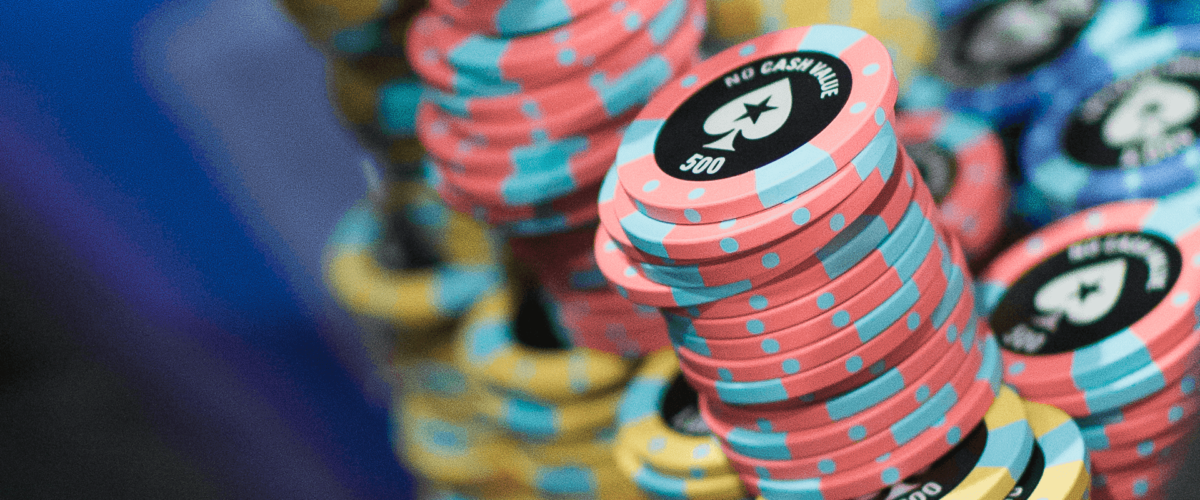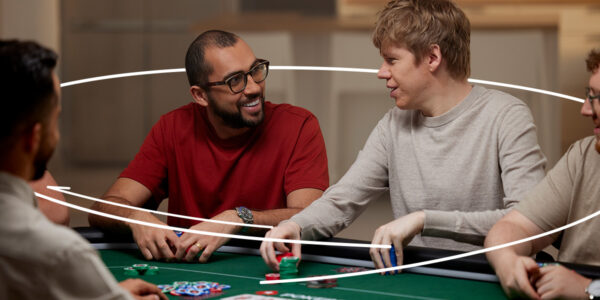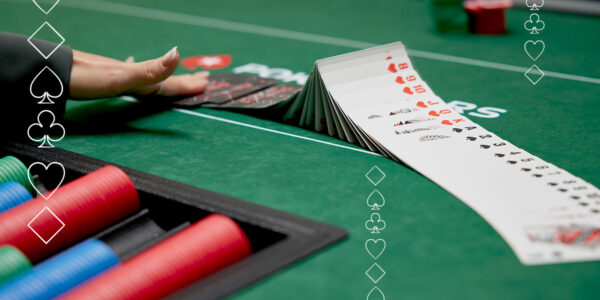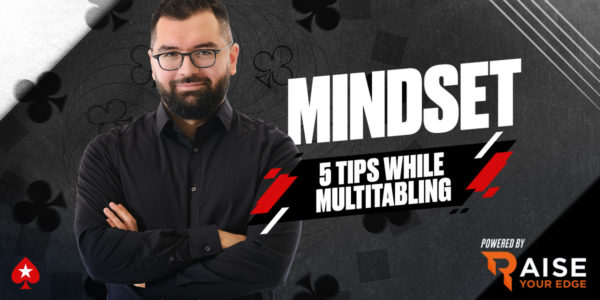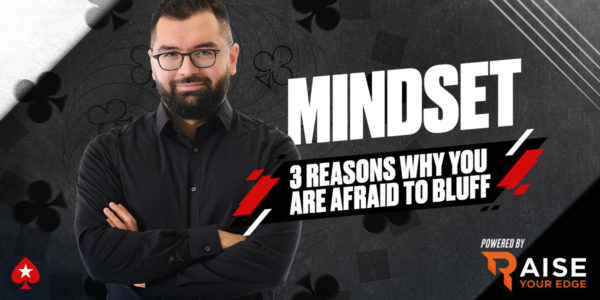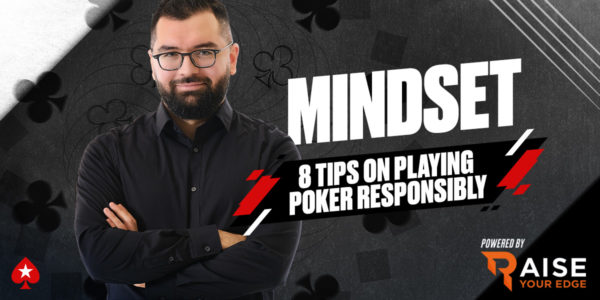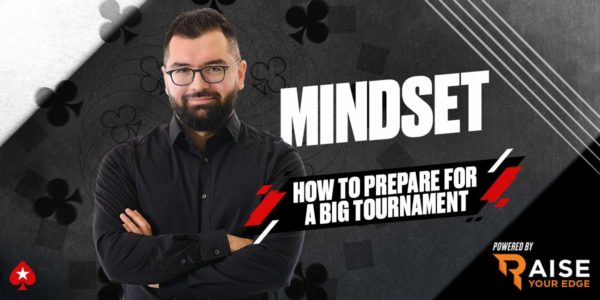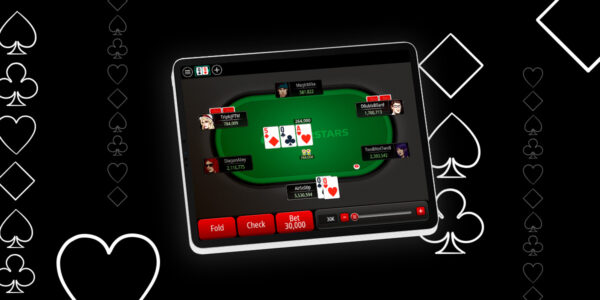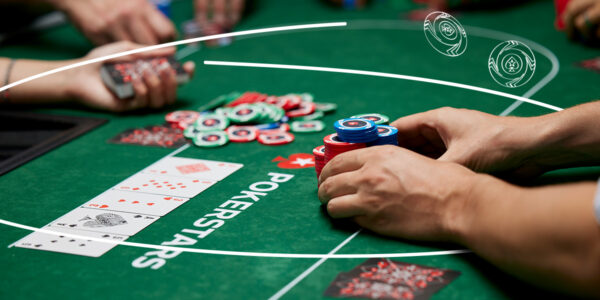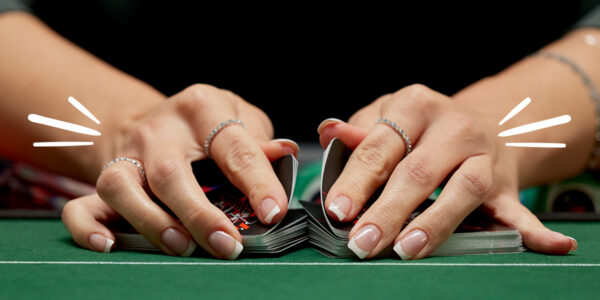5 Poker Player Types Who Under-Achieve
Sometimes my students have more than enough of skill to beat their current stakes but get stuck nevertheless. What is typically going on here is that their performance level is a lot lower than their maximum capacity due to problems that lie outside of strategic understanding. Let’s explore some of the biggest poker-personality traps awaiting the skilled player who thinks that talent alone is enough to soar through the stakes.
The Glass Cannon
The glass canon is a player type who can perform very well offensively and makes the most of upswings. He is capable of crushing the games when things are going his way and can play long sessions while running good and playing well. When things turn around, however, this player type falls apart, and quickly. It takes just a few bad beats or suck-outs in quick succession and this player’s level has dropped from A-game to D-Game. He has gone from a solid winner in the games to a small loser over the course of just ten minutes. It’s not just this one session that has been tainted by bad luck. The glass cannon remembers the pain of losing the next day too and starts off in B- mode instead of his usual A-game mode. Just one lost stack later and it’s back to D game and unrealised potential. This player wastes his talent by neglecting his mental game.
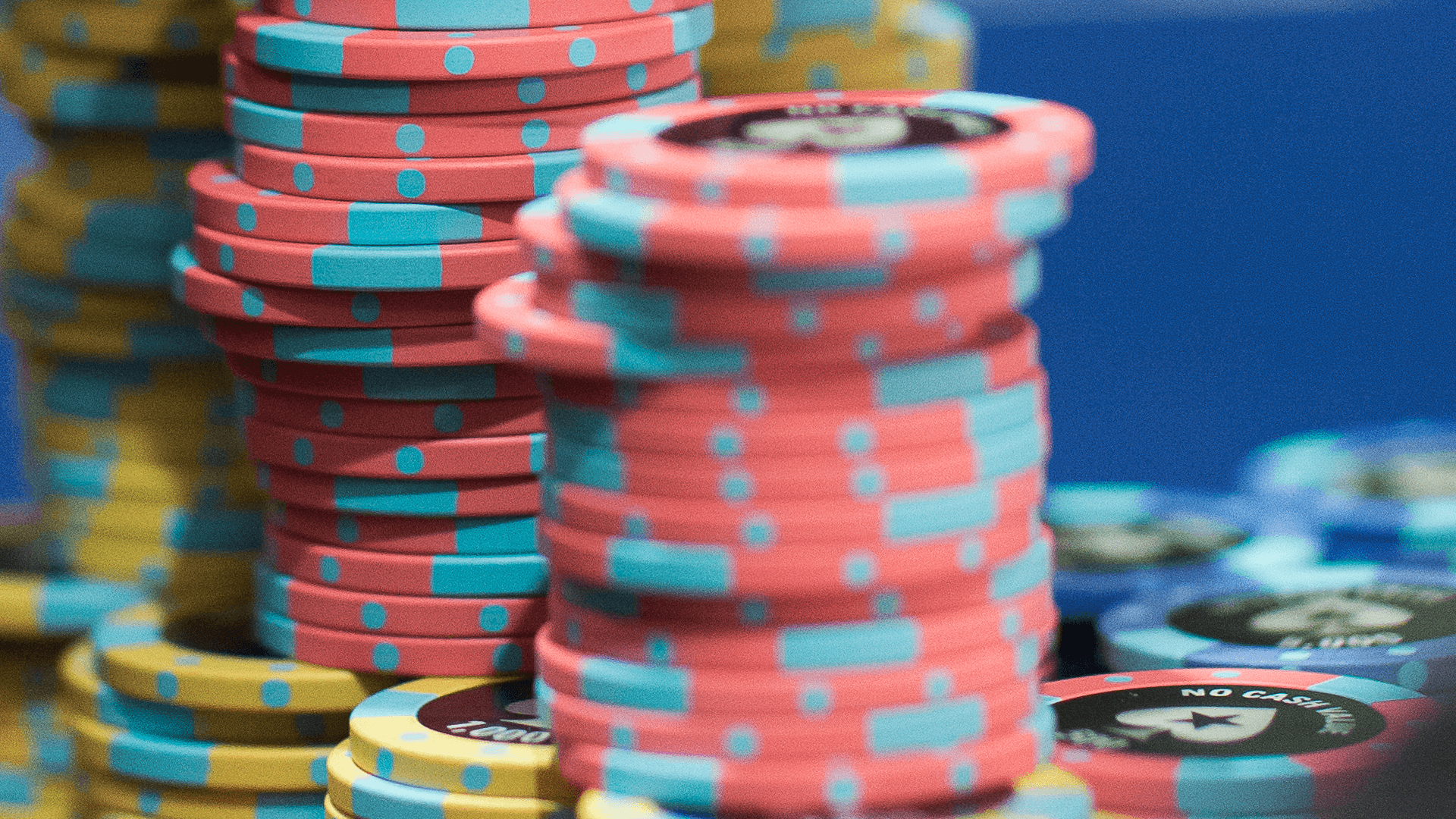
The cure for being a glass cannon is to readjust your subconscious understanding of variance. Feeling less bad about losing sessions often entails feeling less good about winning ones. Remind yourself of your overall progress so far in the game and try to remember that if there is one single thing that separates the winners from the -could-have-beens, it is resilience during bad times. The great players and the good players often have equal skill levels, but the great ones hold it together and play A- Game when running woefully. Pick yourself up and remember:
The smaller the short-term downward spiral, the larger the overall upward trend.
Some days it is simply your job to lose the minimum.
The Impressionable Child
Another type of student who fails tragically to realise his potential is the impulsive advice grabber. Each time this passionate, strategy-hungry player comes across a new idea, coach, or thought pattern, he implements the teachings to the extreme, in many cases ditching solid tried and tested plays that have helped him succeed thus far. This student’s game jumps about all over the place, eventually exploding in a disorganised mess. The trouble is that when you take fifty partially learned exploitative plays and mix them altogether on a shaky foundation, you get an inaccessible web of confusion. If this sounds like you, make sure that every nugget of poker information that you hear is analysed and fully digested before it is added to your arsenal. Make sure that new ideas cohere well with the already present pyramid of what you have learned so far. If they appear to contradict solid maxims, there is likely something wrong with them. Not all coaches are poker gods, not all attractive arguments are sound, and not all fancy plays are desirable.
The Mass Grinder
Marathon runners often report feeling disorientated and confused towards the end of a race. Poker can be played in a series of very focussed sprints where you apply your full brain power, yet many volume-obsessed students choose to run it like a marathon.
“If I can just play 125k hands this month I’ll overcome this bad variance.”
In fact, the ‘bad variance’ is actually just bad play caused by trying to fit 125k hands into a single month. I could write my monthly quota of ten poker articles in one day if I really wanted, but most of them would be garbage. Very often, a really talented student will force himself to play 100k C-game hands instead of 50k A-Game hands. The result? He breaks even for the month instead of netting a healthy profit.
There is a very real negative correlation between volume and performance. Acknowledge it and pay attention to how well you are playing. Try to explore what the maximum amount of volume is that you can force yourself to play before things get hazy and your focus diminishes. This is the amount of hands you should seek to put in.
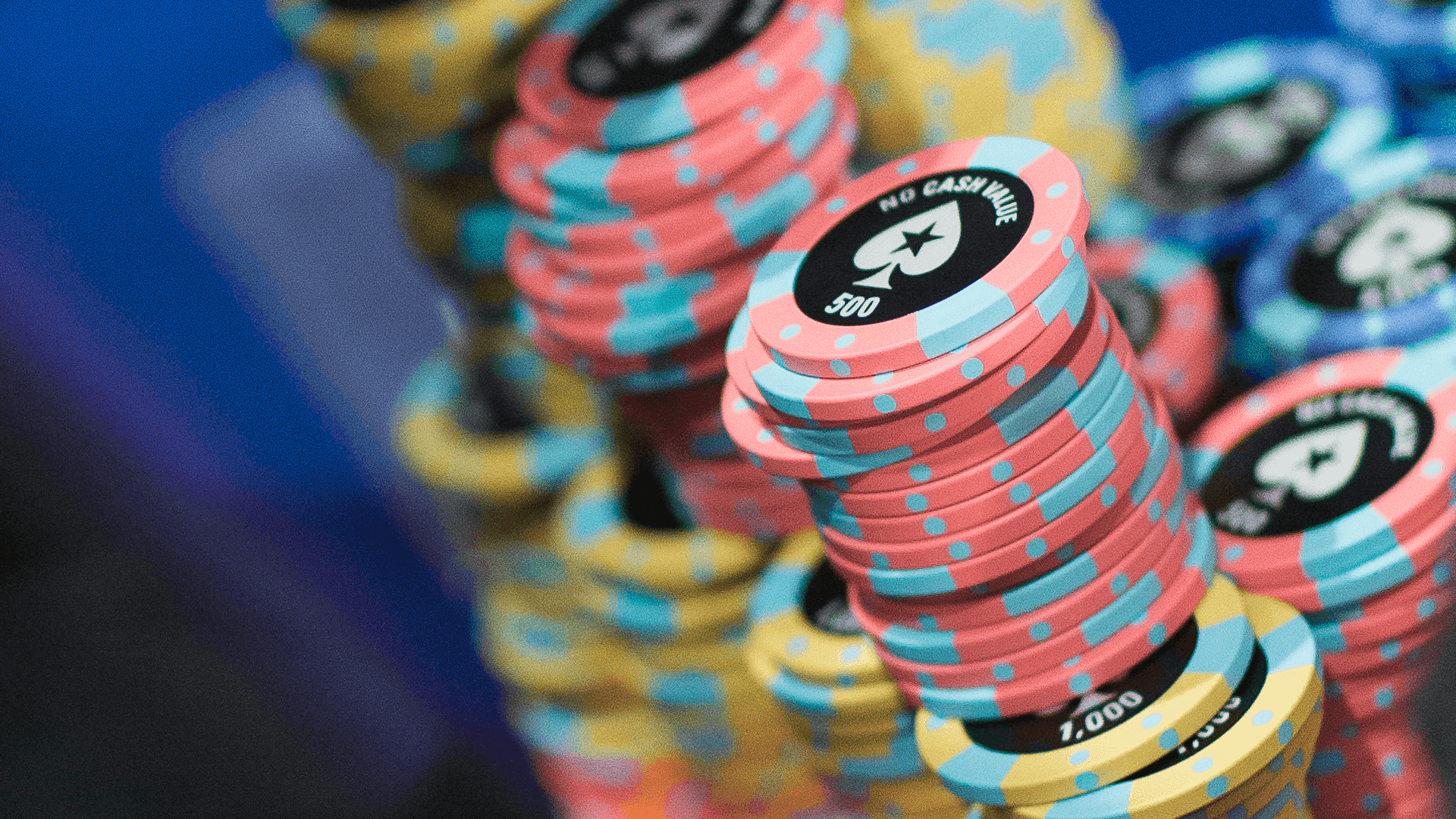
The Scared Studier
I really feel for this student. He has all the technical skills and more for beating the current stake but is crippled by the anxiety of failure. He will gladly hide behind a three-hour study session instead of putting in an hour at the tables. When things start to go wrong, he is out of there, and might not load up a poker session for another week. The antidote to this sort of mental game problem is simply to sit there during bad sessions, let the feelings of discomfort pass, and play on. The only thing holding this player back is volume. The psychological cure involves rewiring the culprit core-belief behind his reluctance to play:
- ‘If I don’t try I can’t fail.’
- This should be changed to:
- ‘If I don’t try, I have already failed.’
The Victim
The victim believes strongly that failure is inevitable yet not his fault. He is unwilling to take accountability for is lack of self-control and is unaware of just how little of his skill-set he brings to the table. Bad luck has a very strong effect on the victim, quickly transforming him into to a losing player. This player-type almost never spots his mistakes or reviews his own hands in an accountable way. Instead, his study time involves ingesting new material that he can understand in principle but not utilise at the tables in the heat of battle. When I question the victim about his line in a hand where I believe he made a large mistake, there is always an excuse.
“This guy was really being out of line that day.”
Or:
“I must have had a good read.”
The victim needs to understand that the disparity between his skill level and his results is caused by his own attitude and not variance. His selective memory prevents him from searching for the truth. By seeing only those spots where the deck favoured his opponents, he creates the fatal core belief:
“I am helpless and unaccountable.”
It is this sentiment that stops the Victim from truly giving poker his all. He is in a sense, a more self-pitying version of the scared studier; he just replaces studying for moaning.
I suffered from this poker personality at the beginning of my career. The solution was to let go of my ego and realise that there was a large difference between ability level, and decision quality at the table.
Condimentum Nibh
Donec sed odio dui. Cras mattis consectetur purus sit amet fermentum. Vestibulum id ligula porta felis euismod semper. Curabitur blandit tempus porttitor.

